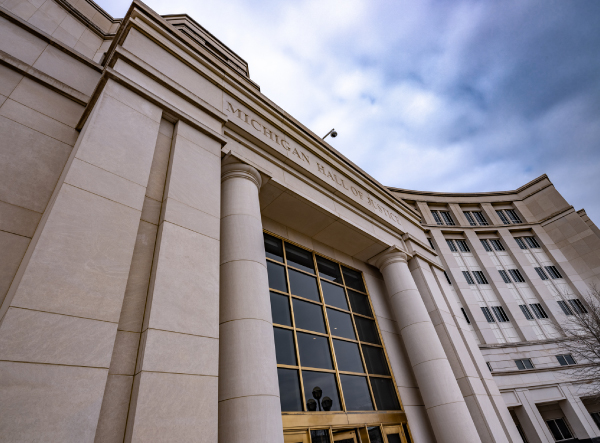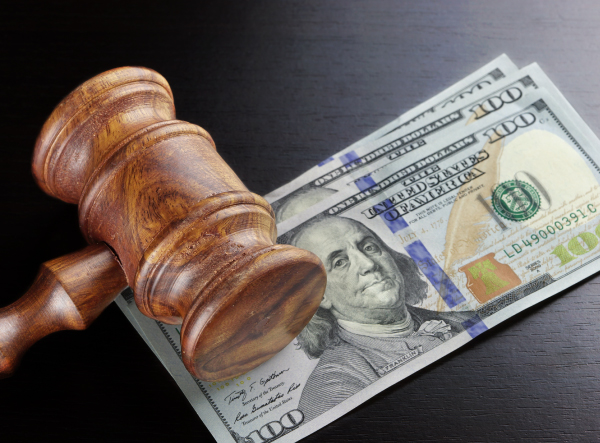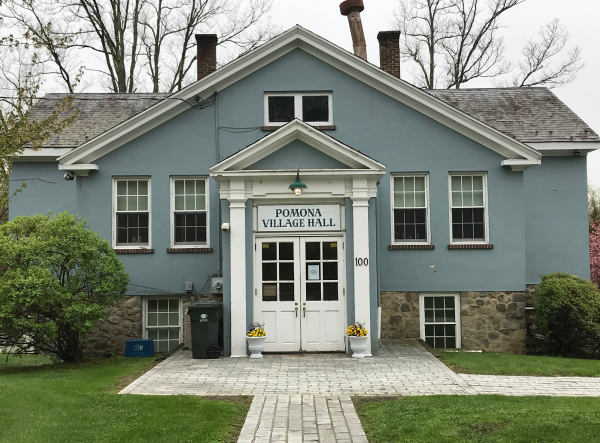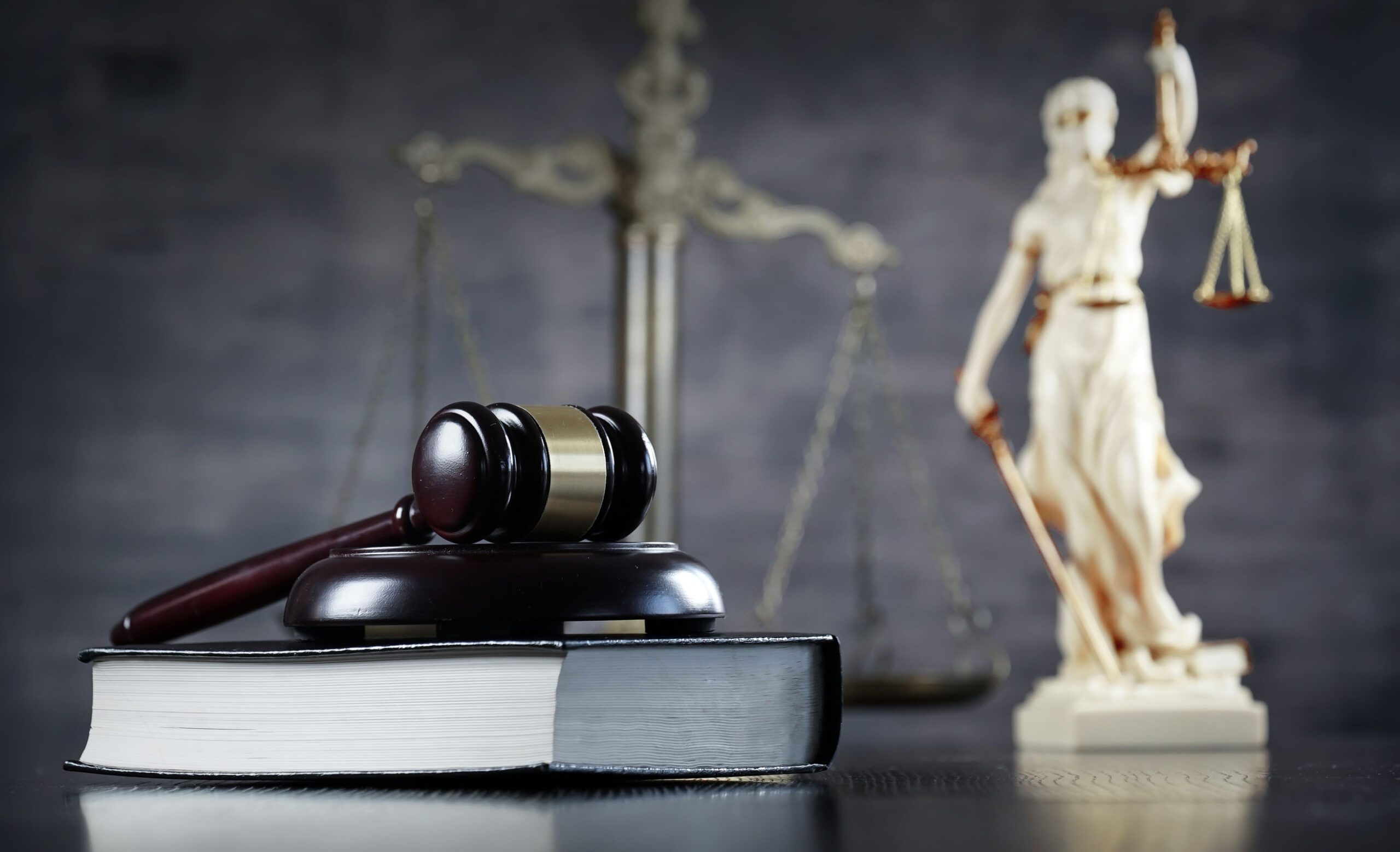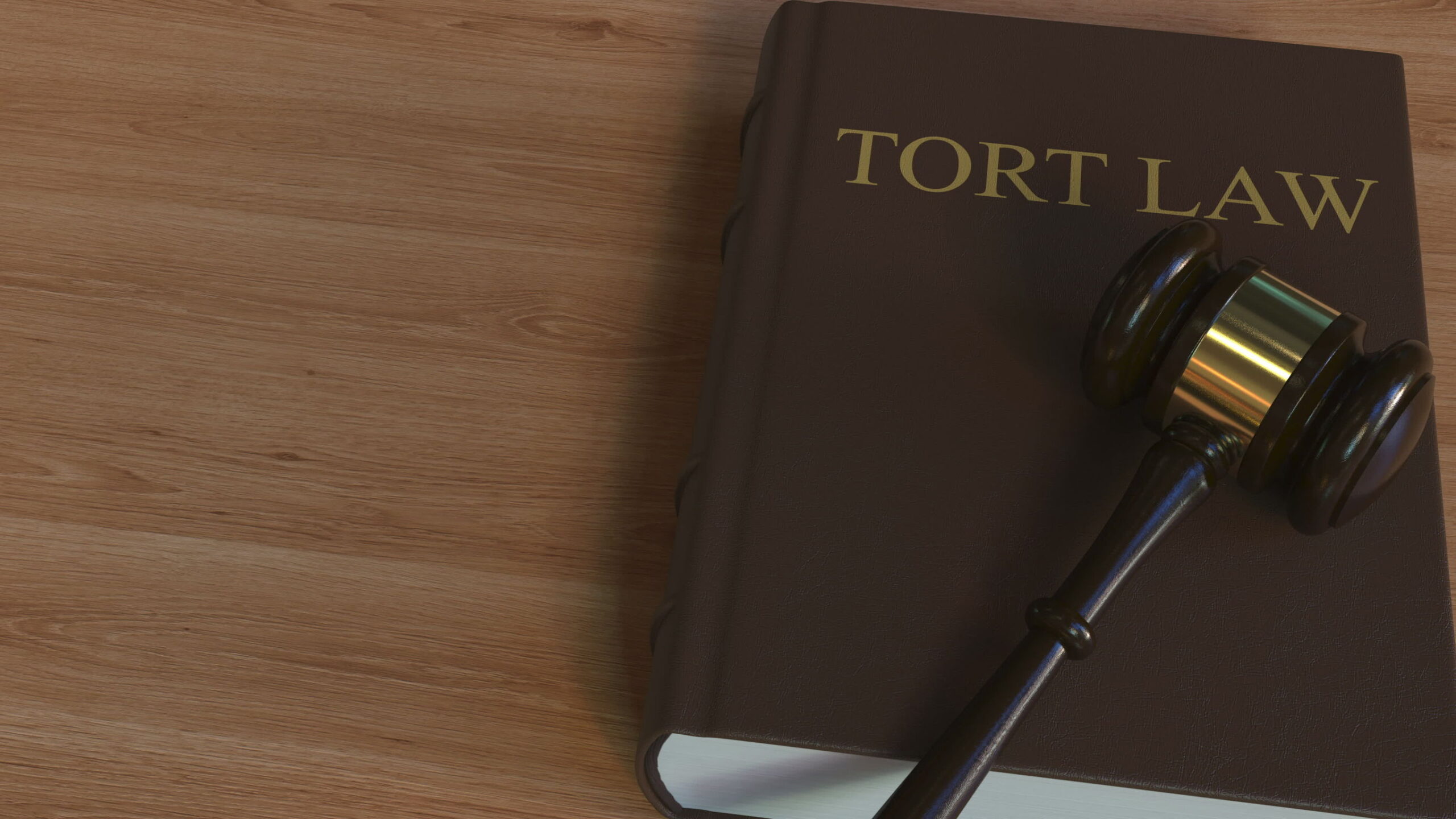The Michigan Supreme Court has amended the Michigan Court Rules to eliminate the requirement that all civil cases go through the Case Evaluation process. Instead, the parties will now be able to stipulate to an alternative process to resolve the case – facilitation or mediation. Additionally, the amendments remove the
FBMJ attorney, Anthony D. Pignotti recently co-authored an article titled, “Litigating the Value of Medical-Expense Damages,” published in the Michigan Defense Quarterly (Vol. 38, No.1, 2021), a publication of the Michigan Defense Trial Counsel (MDTC). The article discusses recoverable economic damages in civil actions and focuses specifically on issues related to medical-expenses damages.
September 2021

Credentialing Case Closed: COA Rules Ambulatory Surgical Center Credentialing File Privileged
Is an ambulatory outpatient surgical center’s credentialing file discoverable and admissible at trial? No and no, according to the Michigan Court of Appeals’ published decision in Dorsey v. Surgical Institute of Michigan, where the Court extended the statutory protection for credentialing files beyond hospitals to also include ambulatory surgical centers.
The
April 2021
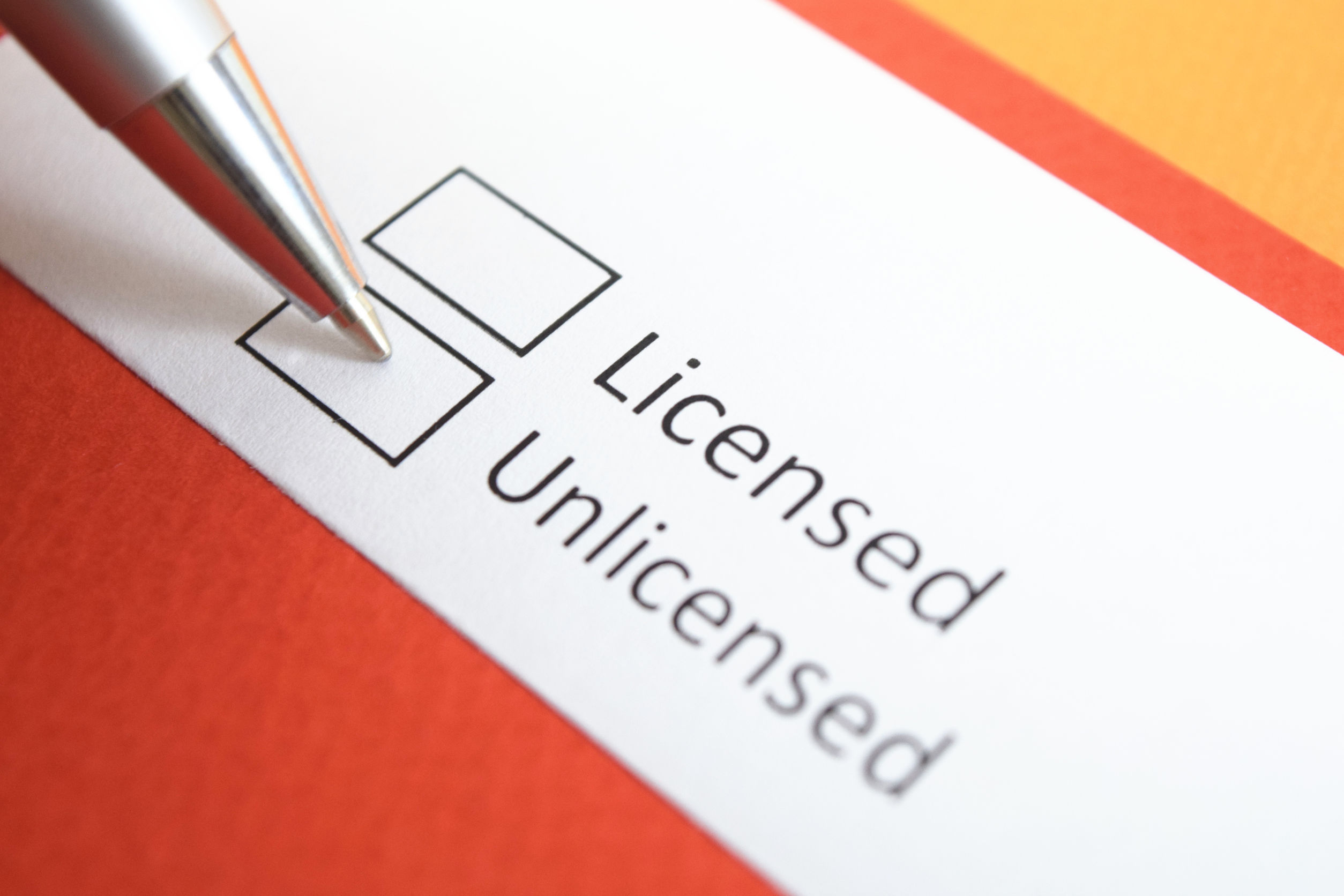
Unlicensed = Uncapped?
Claims against an unlicensed medical assistant employed by a non-profit medical institution sound in ordinary negligence and are not subject to the non-economic medical malpractice damages cap—at least according to the Michigan Court of Appeals’ recent published decision in Estate of John Swanzy v. Edward J. Kryshak, M.D., et al.
If it
It was just last year that the Religious Land Use and Institutionalized Persons Act, or RLUIPA, celebrated its 20th anniversary. During that time, the U.S. Supreme Court has never issued a substantive opinion on a religious land use matter based on RLUIPA. However, the Supreme Court has now issued an
February 2021

Pharmacist Attorney Kim Sveska Publishes Article for MPA Journal – “Don’t Forget to Sue the Pharmacist”
FBMJ pharmacist attorney, Kim Sveska, recently published the article “Don’t Forget to Sue the Pharmacist” in the Michigan Pharmacist Journal (2021 Vol. 59 Issue 1), a publication of the Michigan Pharmacists Association (MPA). The article discusses recent legal precedents that could lead to greater liability for pharmacists.
The Michigan Pharmacists Association
January 2021
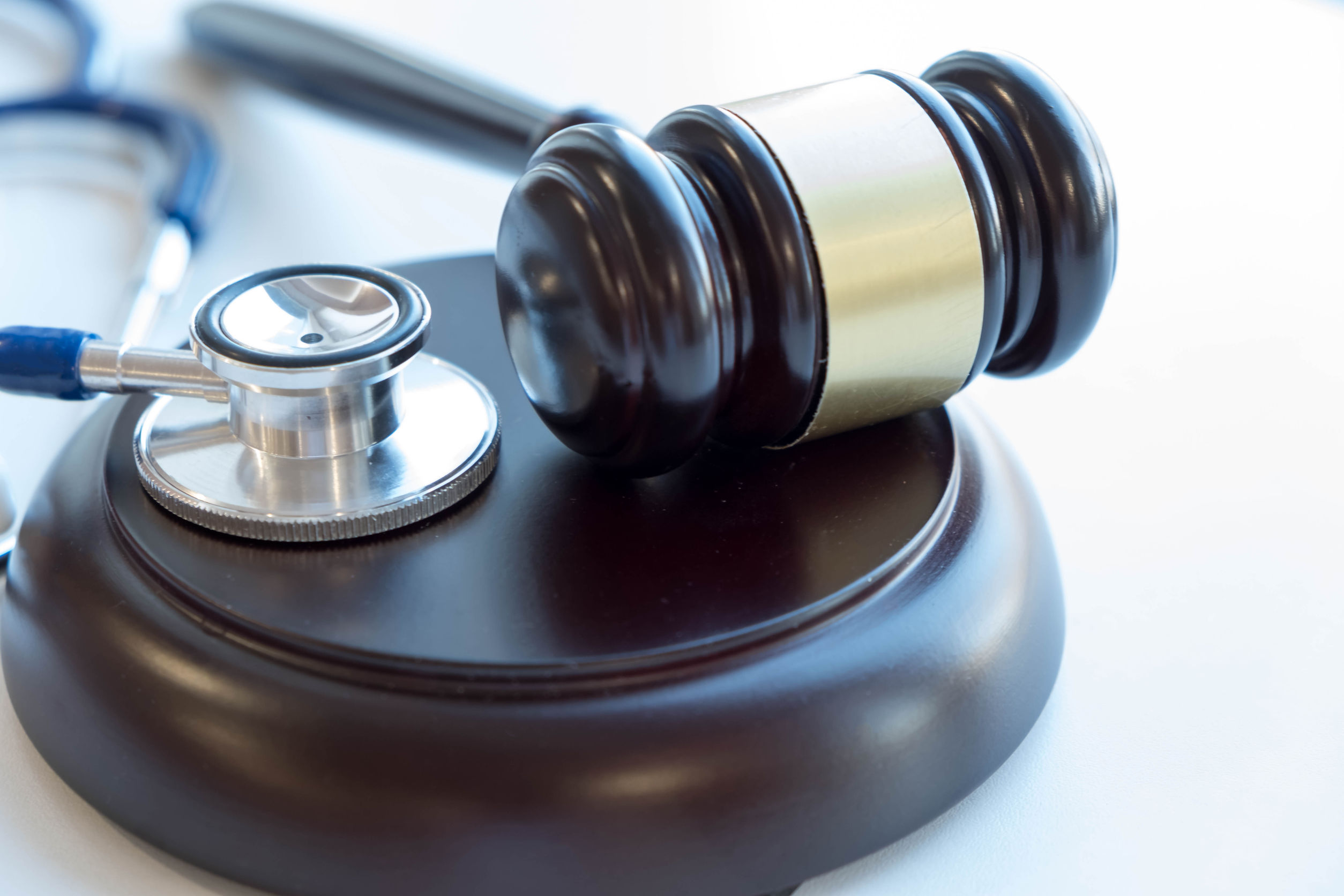
2021 Michigan NonEconomic Damages Announced
On January 27, 2021, the State of Michigan Department of Treasury released the 2021 limitations on noneconomic damages in medical malpractice cases. The “upper cap” limitation was adjusted to $851,000. The “lower cap” was adjusted to a limitation of $476,600.
Michigan has placed a limitation on the total amount of damages
By: Nicole Joseph-Windecker
In its unanimous unpublished decision of Estate of Kevin Karl Gottschalk, by Kathleen Tocco, Personal Representative. v. Plumbrook Pharmacy, et al., the Michigan Court of Appeals held that pharmacies cannot be sued for medical malpractice as a matter of law. This ruling on September 17 was consistent with
FBMJ Attorneys recently prevailed in convincing the Michigan Court of Appeals to require more stringent causation proofs from plaintiffs in toxic tort cases. The case will have far reaching consequences for all toxic tort cases, as the opinion brought causation analysis in Michigan toxic tort cases in-line with the causation

